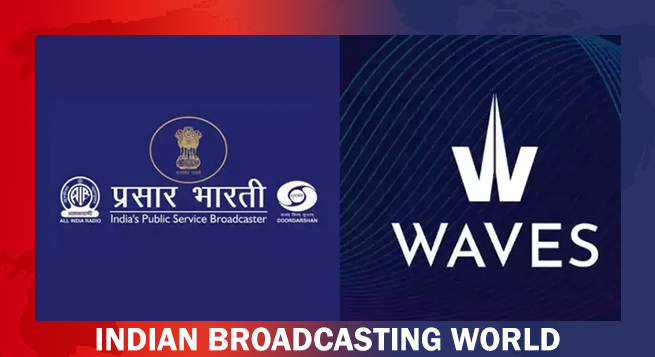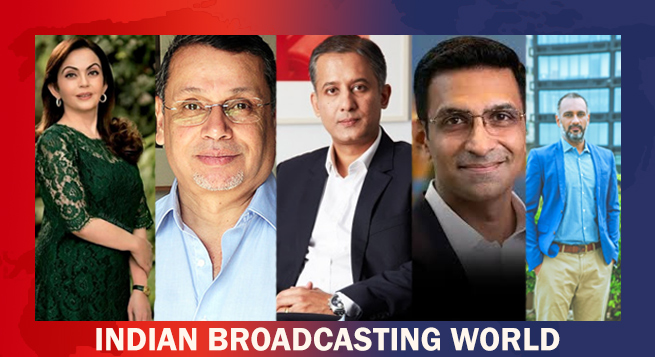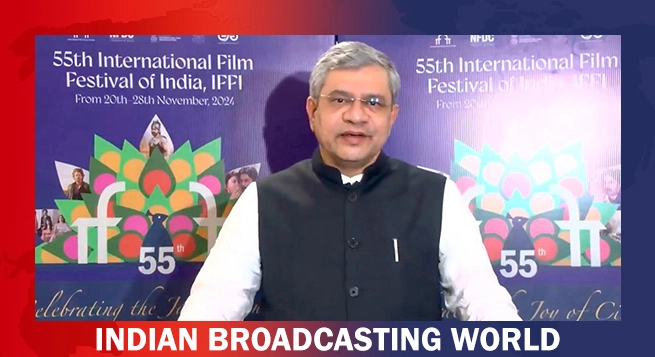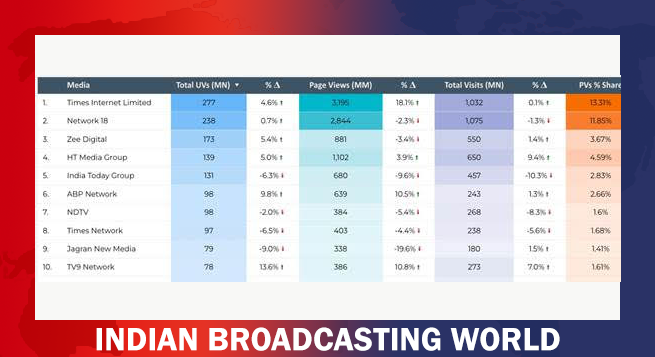Despite a public broadcaster’s noble and laudable goals, maybe it’s not always feasible to give such a service free run; especially when it commercially competes with similar private sector services and still remains outside the stringent regulatory regimen laid out for others.
So, when TRAI, in its ‘Recommendations on Listing of Television Channels in Electronic Program Guide and Upgradation of DD FreeDish Platform to an Addressable System’ suggested to the government that FreeDish boxes should be made addressable and the signals of the TV channels riding on it be encrypted, India’s broadcast and telecom regulator acknowledged one important fact: a free and unencrypted service, carrying some private sector TV channels also, negatively impacts other distribution platform operators (DPOs) and the general growth of the pay TV segment as a non-level playing field is created in the absence of any rules for FreeDish.
Though there have been earlier demands from the DPOs (both cable and DTH sectors) to streamline the functioning of Doordrashan FreeDish, it has continued to be free to air carrying unencrypted signals of TV channels, both its own and those belonging to private media companies.
The problem gets compounded when FreeDish emerges as the single biggest distribution platform in the country — a rough industry estimate says it has a subscriber base of over 40 million; some like Prasar Bharati’s former CEO Shashi S. Vempati feel the number could be in excess of 50 million — and a big revenue earner also for the pubcaster (in excess of Rs. 1,100 crore), riding on the lucrative auctioning of limited shelf-space to private TV channels who bid high to get a spot on FreeDish with an aim to increase eyeballs and their respective advertising revenue.
The spirit of FreeDish was to take pubcaster Doordarshan’s TV channels, educational channels and other governmental information channels to areas where terrestrial broadcast was difficult or non-existent. However, as FreeDish’s rural penetration increased, it became an attractive proposition for private broadcaster to reach the Bharat market at virtually no extra programming cost . The news channels specifically saw this as another route to increase their reach.
Yes, auctioning of MPEG2 & 4 slots on FreeDish (after accommodating DD and educational channels) benefitted the public broadcaster whose revenue from auctions of slots jumped year on year — a slot that cost Rs 25 lakh in 2007, for example, today can fetch in the excess of Rs10 crore. But subsequent challenges that such a practise has unfolded over the years has started to impact the private sector DPOs financially.
It is not that discussion on signals’ encryption is something new. It has been happening for quite some time now. In 2016, for example, a tender was floated by Doordarshan for installation of an encryption system for FreeDish that aimed to enlist potential set top box manufacturers to market and provide services to consumers. Few STB manufacturers were selected also. However, the whole plan was quietly shelved without assigning a reason. This apart, few years back, Indian CAS (conditional access system) or iCAS was developed under the aegis of the Ministry of Electronics and IT (Meity) at a cost of around Rs 25 crore. That too never saw the light of the day.
Doordarshan has been in denial that it is a platform having commercial interests and competes with the private sector in some areas. The pubcaster still insists it is just that — doing public service. Still, on the other hand, it has a KU-band DTH service, enters into commercial agreements with private broadcasters, gives them a ride on its platform without taking cognisance of the fact that rules get contravened.
By transmitting TV channels, which are otherwise pay and encrypted, FreeDish carries them in a unencrypted fashion on a FTA platform, thereby creating a non-level playing field via-a-vis other platforms. In a way, raising money from auctioning of slots could also be interpreted as DD charging a carriage fee. Thus, such commercial activity puts FreeDish in the category of commercial platforms and, in all fairness, regulations and tariff orders meant for other DPOs should also apply to it. TRAI has appropriately quoted a TDSAT judgement where it was made amply clear that DD FreeDish was a service platform.
That’s why the Telecom Regulatory Authority of India has also recommended that even as FreeDish gets tech upgrades, private sector TV channels who hop on it as FTAs will have to go free on other platforms too.
Private broadcasters, who want to ride the FreeDish bandwagon lured by its massive reach, need to realise the fact that as the DD’s free DTH platform gets bigger, the pay market will shrink and subscriber revenues will go down, impacting their profitability. It is akin to shooting oneself in the foot.
Though DD has been using the plank that FreeDish also helps in India’s soft diplomacy, such justifications do not much ice now as FreeDish’s Ku band signals do not spill over much in neighbouring countries and its penetration would be very limited, if not absent totally.
The process of making its systems addressable and encrypted involves several steps and to achieve them by April 2025, as suggested to the government, looks a herculean task, but a beginning has to be made to achieve the desired goals.
FreeDish can have a simpler approach, which this author has been propagating for some time: it can begin by first encrypting the MPEG4 TV channels on its platform. This way the consumers who have the boxes will continue to get the 94 channels.
Then, over the next six months, FreeDish can encrypt the private channels on its platform, bringing parity and uniformity amongst all DPOs. This will mean that consumers will continue to watch a limited number of channels, while the upgraded and technologically-relevant STBs are slowly seeded in the market for wider penetration. This approach, in the long term, would be good for FreeDish as then it can create more opportunities to cash in on advertising revenues and platform services, thereby generating more money. Addressable boxes and signal encryption will also mean piracy of TV signals can be controlled, while real data on FreeDish’s reach and subscriber base could also be collated. At the moment, such data is pure speculation.
The big question is: will FreeDish bite the encryption bullet and will Prasar Bharti (Doordarshan’s parent) agree to the industry demands, having been nudged by TRAI? There could be revenue loss in the short term, but it will go a long way towards creating a level playing field.
 Prasar Bharati launches OTT platform Waves
Prasar Bharati launches OTT platform Waves  ZEEL’s Punit Goenka steps down as MD, retains role as CEO
ZEEL’s Punit Goenka steps down as MD, retains role as CEO  Kevin Vaz, Kiran Mani, Sanjog Gupta to head 3 verticals of JioStar
Kevin Vaz, Kiran Mani, Sanjog Gupta to head 3 verticals of JioStar  Vaishnaw says India’s dynamic creative sector contributing to economic growth
Vaishnaw says India’s dynamic creative sector contributing to economic growth  Balaji Tele names Sanjay Dwivedi as Group CEO
Balaji Tele names Sanjay Dwivedi as Group CEO  Prime Video introduces Channel K in India
Prime Video introduces Channel K in India  Tata Play’s World TV Day campaign unites Indian diversity
Tata Play’s World TV Day campaign unites Indian diversity 









